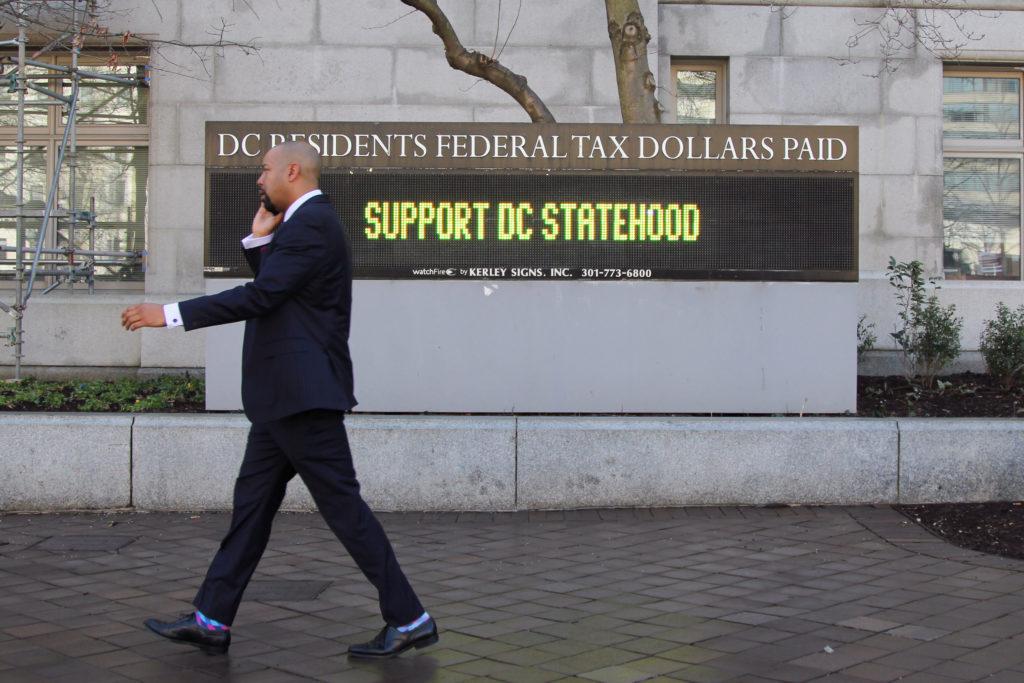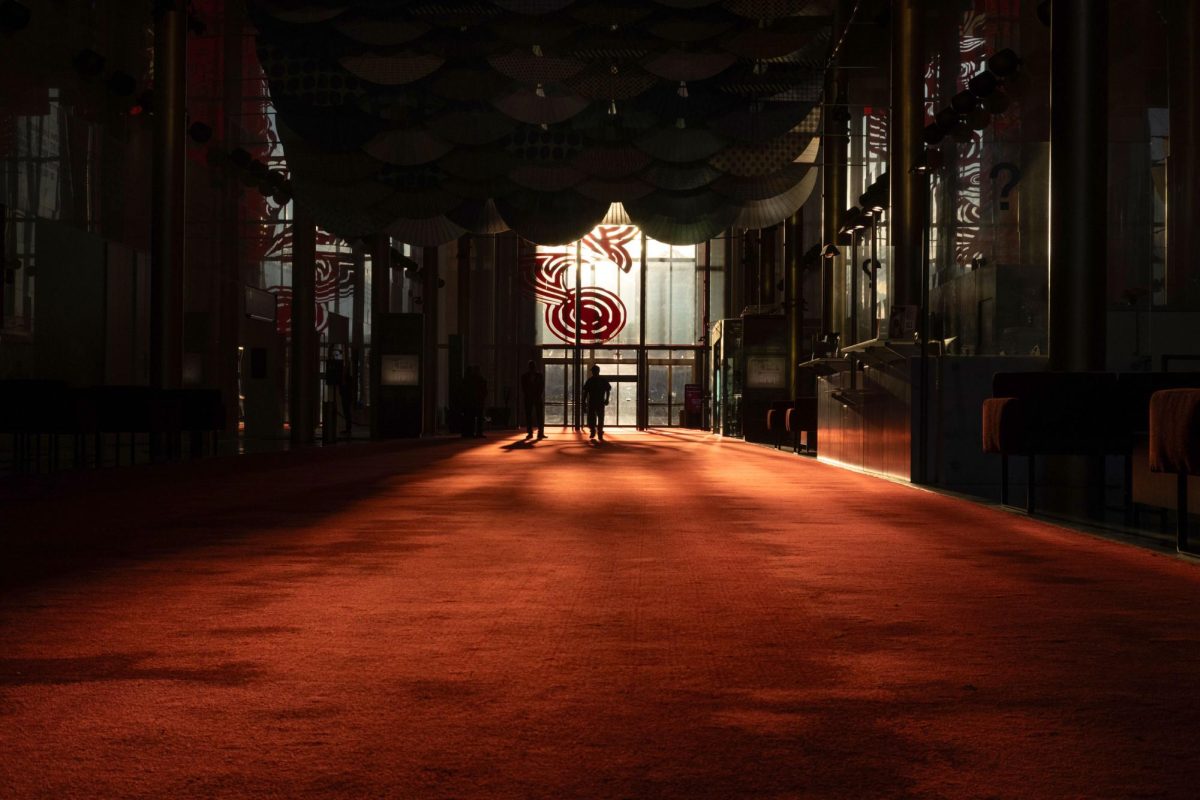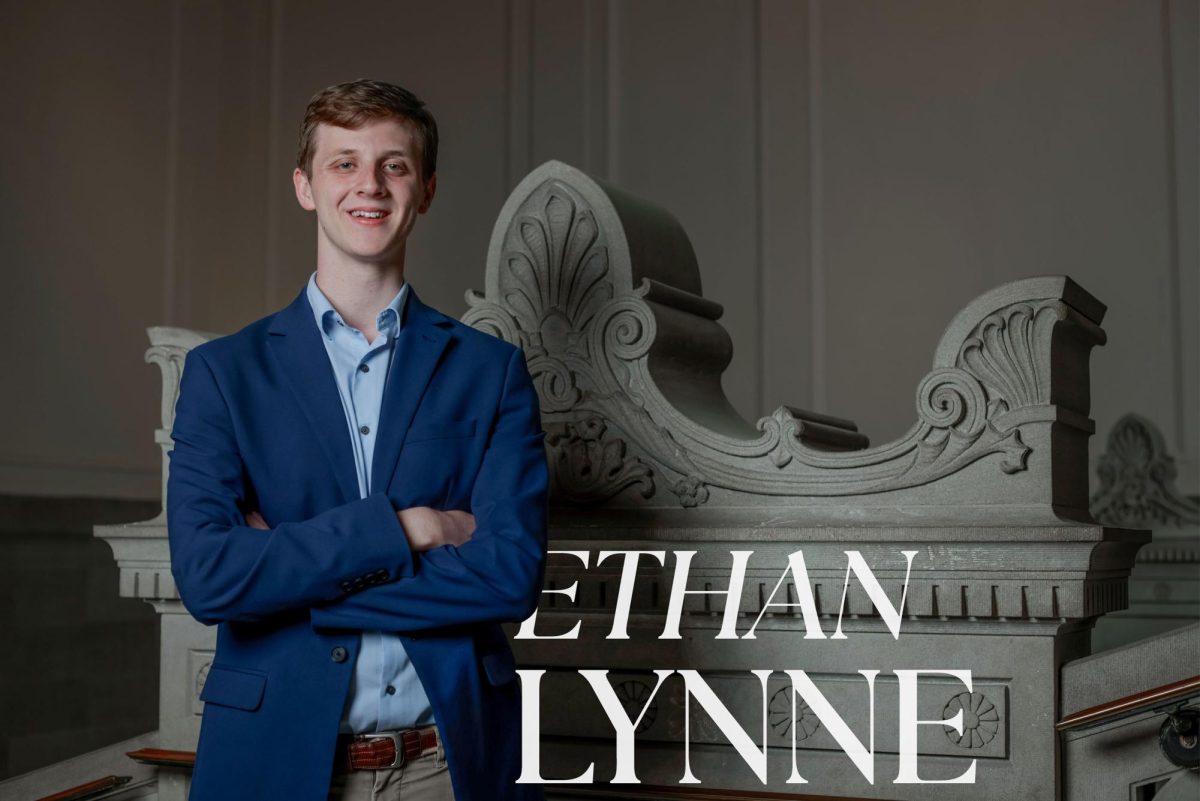Sen. Elizabeth Warren, D-Mass., joined a growing chorus of District advocates late last month when she launched a petition in support of D.C. statehood.
The petition, which Warren announced on Jan. 28, comes after a House representative proposed a bill to make D.C. the 51st state earlier this year. Advocates said they hope the petition will push statehood to the center of 2020 presidential candidates’ platforms, but both supporters and critics said they are doubtful that the increased efforts will advance an issue that has failed dozens of times before.
Warren introduced the petition early on in her campaign for president, which she announced at the end of December.
“Everyone in America should have an equal voice in our government,” Warren’s campaign said to supporters in an email. “But the nearly 700,000 people in who live in D.C. – greater than the populations of Wyoming or Vermont – can’t fully participate in debates in Congress that shape your future.”
A representative from Warren’s press office declined to say how many people signed the petition and whether there is a target number of signatures. They also declined to say whether Warren intends to include D.C. statehood as part of her presidential platform.
D.C. statehood has garnered increased support in recent months after Rep. Eleanor Holmes Norton, D-D.C., reintroduced a bill to make D.C. the 51st state last month at the start of the 116th Congress. The bill had a record 155 cosponsors, the most of any measure introduced on the first day of a new Congress.
Norton’s communications director did not return multiple requests for comment.
The U.S. Senate held a hearing on D.C. statehood in 2014, the first hearing on the issue in more than two decades. More than 80 percent of D.C. residents voted in favor of a referendum pushing for statehood in 2016.
Joshua Burch, the founder of Neighbors United for D.C. Statehood, an advocacy organization, said Warren’s support for D.C. statehood early in her campaign will “elevate the discussion” about the issue.
“I think it’s fantastic that a presidential candidate so early in the campaign is bringing up the issue of D.C. statehood as something that they’re willing to fight for,” Burch said.
He said he hopes Warren’s petition will encourage other senators to sponsor a Senate bill set to be introduced in the 116th Congress by Sen. Tom Carper, D-Del.
“Hopefully what Senator Warren’s doing is helping raise awareness about the issue so some of her Senate colleagues will sign on to the statehood bill before it’s introduced,” he said.
Elizabeth Irons, the president of the GW chapter of Students for D.C. Statehood, which she relaunched last semester, said she thinks the petition will have limited influence because similar pushes for statehood have died in the past.
“I don’t know how much the petition will actually get done in actuality, but I think it’s a nice gesture to the American people in terms of trying to spread awareness,” Irons said.
She added that Warren’s petition will only be successful if she moves forward in the primary and if other candidates bring attention to the issue.
“If she makes a bigger impact, it will gain more media attraction and become a bigger issue in general,” she said. “But I think if she doesn’t and no other candidates introduce a similar petition, it might stagnate in that sense.”
Roger Pilon, the Cato Institute’s chair in constitutional studies and a law school alumnus, said proposals for D.C. statehood typically make the majority of D.C. a state but leave the area around the National Mall as an independent district. Norton’s bill would give the nation’s capital two square miles, including the National Mall, Capitol Hill, the White House and the Supreme Court.
He said D.C. statehood supporters claim the proposal is constitutional because the Constitution does not specify the District’s minimum size, but he said making D.C. a state cannot happen by “mere statute” and could require a constitutional amendment.
“There is a power to create a district as the seat of the new government, which was exercised in 1790,” he said. “There is no power to remove that arrangement and create this new state from that district.”
Pilon said the “closely divided” Senate would not approve a statehood proposal because D.C. statehood would create two more Senate seats and another seat in the House – which would likely all turn blue. He added that the proposal is not “practical” because the federal government would be dependent on the surrounding state for basic necessities like electricity and water.
“This proposal would make the new state disproportionately influential on the federal government and the federal government disproportionately dependent on this new state as opposed to the rest of the country,” Pilon said.




